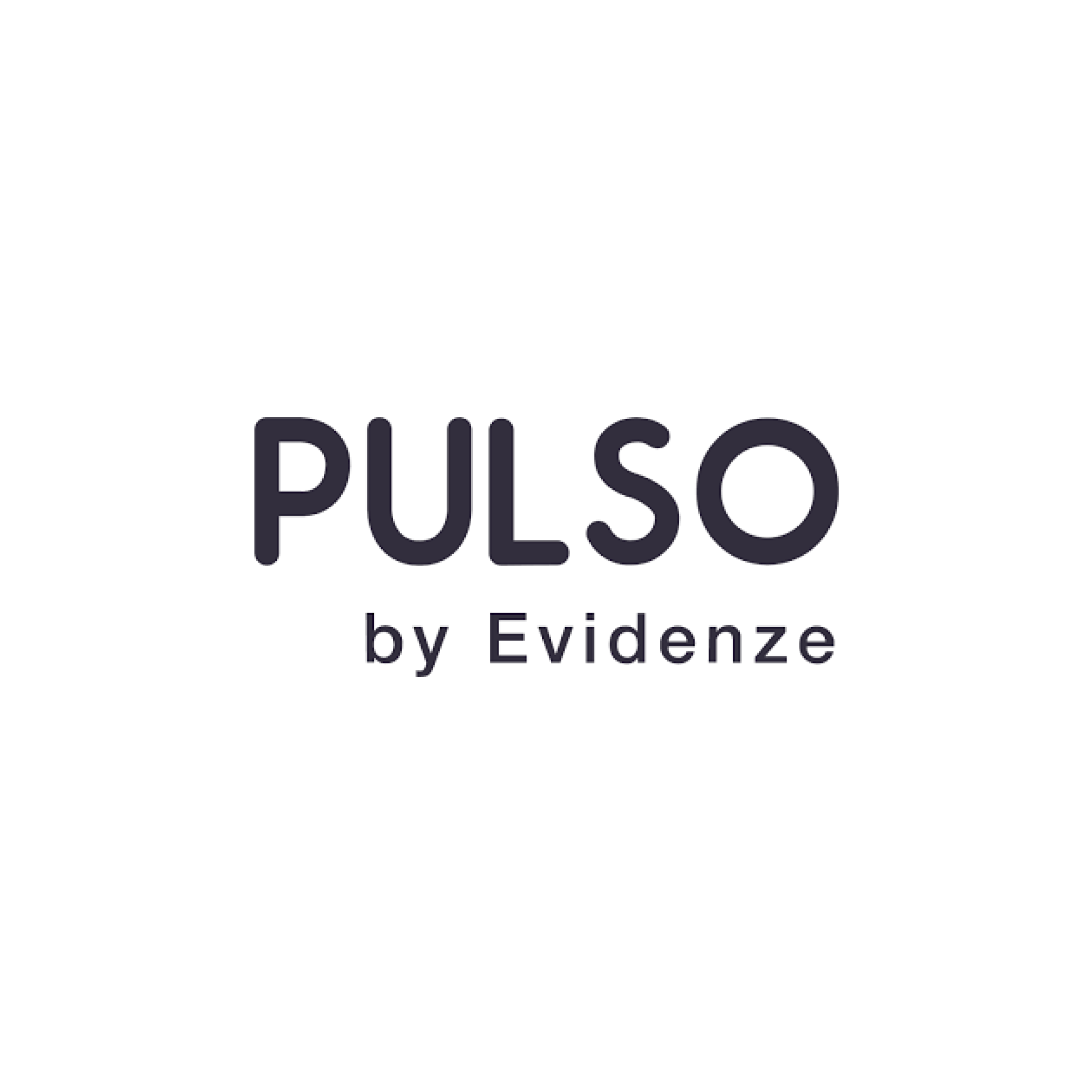
Better data, wiser decisions.
Consultancy and services defined to improve Data Culture and Governance for every kind of organization.
Mission
Assisting organizations to optimize their activities based on more accurate, accessible and reliable information. We offer our expertise in strategy, governance and data management.
the path
Promoting the strategy and data governance processes
The evolution of organizations in an increasingly digital world requires continuous improvement in all its areas, and this must be based on reliable, complete and correct data.
Providing this type of information is the objective of data analysis tools, which in order to perform their function need to be able to connect to massive data repositories.
In order to achieve results, it has become essential that the entire process is well-founded, that a very precise analysis of needs, policies, infrastructures and resources has been carried out, to ensure that these enormous amounts of information can be managed and used quickly and efficiently.
At Blowww we propose to be the partner that helps you improve in all these areas, and facilitate the improvement of your activities through data analysis.
PilLars
The pillars to establish a great data governance
inventories
It consists of creating a catalog and a common language around the data:
Business glossary
Data catalog
Data dictionary
Roles and responsibilities
Related to data management and data-based solutions
Understand the roles and what they do
Comment on the data governance operational model
Basic rules and principles
which ensure the implementation of the principles throughout their life cycle
Principles of data management and governance
Global policies and procedures
tools
That make it easier to comply with policies and professionalize management.
SERVICeS
Assessment and management in data governance, strategy and data culture
We offer experience and management capacity by participating in one or more of these services, depending on the needs of each client, and we offer them in different service formats.
01 Assessment
-
We offer analysis and evaluation experience for information management systems, as also for the development of personalized solutions that improve the management and analysis of information in any type of organization or entity.
-
Through the use of various strategies and tools, we can help to determine the maturity degree of your organization in relation to Data Management, Governance and Strategy, thus defining the starting point of the improvement process.
-
We help to identify use cases in which process optimization will be more beneficial, and we accompany the organizations in thier application processes. We aim at the success of each particular case, that contributes to the general improvement of the Data Culture process in every organization.
-
Data culture improvement is the final goal that we seek in every project we get involved.
We get it done by defining and applying an adequate Strategic Planning for the Informational area, setting up clear and precise objectives, within a wider plan articulated through consecutive use cases.
02 Management
-
Analyze and optimize the structure and design of the data used in a computer system or platform, in order to maximize its usefulness and efficiency in the decision-making process and information analysis.
Data architecture also involves identifying the different types of data that are used in the platform, such as structured, unstructured, or semi-structured data. In addition, the processes for data capture, storage, integration and analysis must be established, as well as the tools and technologies that will be used for each of these tasks.
When designing an architecture it is important to take into account the specific needs of the organization, as well as technological trends and advances in the field of data management. This will allow us to create a customized and scalable solution that can adapt to the changing needs of the company in the future.
-
Data governance refers to the set of processes, policies, standards, and technologies used to manage and protect an organization's data.
The main objective of data governance is to ensure that data is used effectively, efficiently and securely, and that applicable rules and regulations are complied with.
Among the main areas that are addressed in data governance are:
Definition of responsibilities and roles in data management.
Establishment of policies and procedures for data management, including its quality, security and privacy.
Development of standards and definition of terminology for data.
Identification of the systems and tools necessary for data management.
Implementation of security measures to guarantee the integrity and confidentiality of the data.
Data governance has become increasingly important as organizations have amassed vast amounts of data and have faced increasing risks to data privacy and security. Good data management can provide benefits such as more informed decision making, increased efficiency and reduced risks associated with data.
-
The data lifecycle is the process by which data is created, stored, used and eventually deleted. The stages of the data life cycle are described below:
It is important to note that the data lifecycle can vary depending on the type of data and its use, and that organizations should develop clear policies and procedures to ensure proper management of data at each stage of the lifecycle.
-
In the context of information and communication technologies, interoperability refers to the ability of different computer systems and applications to communicate and exchange data without difficulties, allowing users to use the applications that best suit their needs, regardless of their needs. the platform or device they use.
By fostering cooperation and communication between different systems, interoperability can improve efficiency, reduce costs, and improve the quality of services offered.
We participate in the improvement of this area through analysis and applied consulting.
-
A data exploitation and visualization service allows users to collect, process and present information easily and effectively. It can include data analysis, data mining, reporting, and data visualization functions, among others.
Data mining involves the collection, cleansing, integration, and transformation of data, often using specialized software tools. Data visualization refers to presenting data in a visual way to make it easier to understand and analyze. This can include graphs, tables, maps, and other types of visualizations.
We help managing those areas by making experience and resources available to our clients in order to set up projects or helping their departments to evolve in the informational area.
-
We help prepare the processes that allow predictions, estimates, trends, etc. to be build up.
We also carry out advanced consultation projects, using complex statistical techniques or AI (Machine Learning, Deep Learning)
Partners
our Clients
Succesful examples of our work
Recent projects related to governance and data management.

Definition of an informational platform for the publication of statistical data

Optimization of the information system

Development of a software product to collect and process the data generated in the Twitter social network, based on artificial intelligence algorithms

Definition and implementation of the information platform for the control of the fishing fleet in Catalonia

Government Strategy and Data Management Consulting

Definition, design and implementation of a data analysis service with origin in the nuclear medicine equipment

Definition, Design, Implementation and Certification of interoperability platforms for the public health sector

Definition, advice and accompaniment of the Office of Government and Data Management (DAM&GO)

Government Strategy and Data Management Consulting
the team
Attitude, Knowledge and Determination
We are professionals with more than 30 years of experience in information and Communication technology service companies.
-

Juan Dexeus
DATA GOVERNANCE SPECIALIST
“Without data you’re just another person with an opinion” (W. Edwards Deming)
-

Santi Porté
DATA PATHFINDER
“We will find a path, and if we don’t we will create a new one” (Aníbal Barca)
-

Josep Ràmia
DATA CULTURE ENTHUSIAST
“Well, if you know what to do, do it.” (Anónimo)
Contact
Can we help you?
If you felt like we can be useful to your organization, to maximize the value of data in your decision-making, don’t be a stranger.



